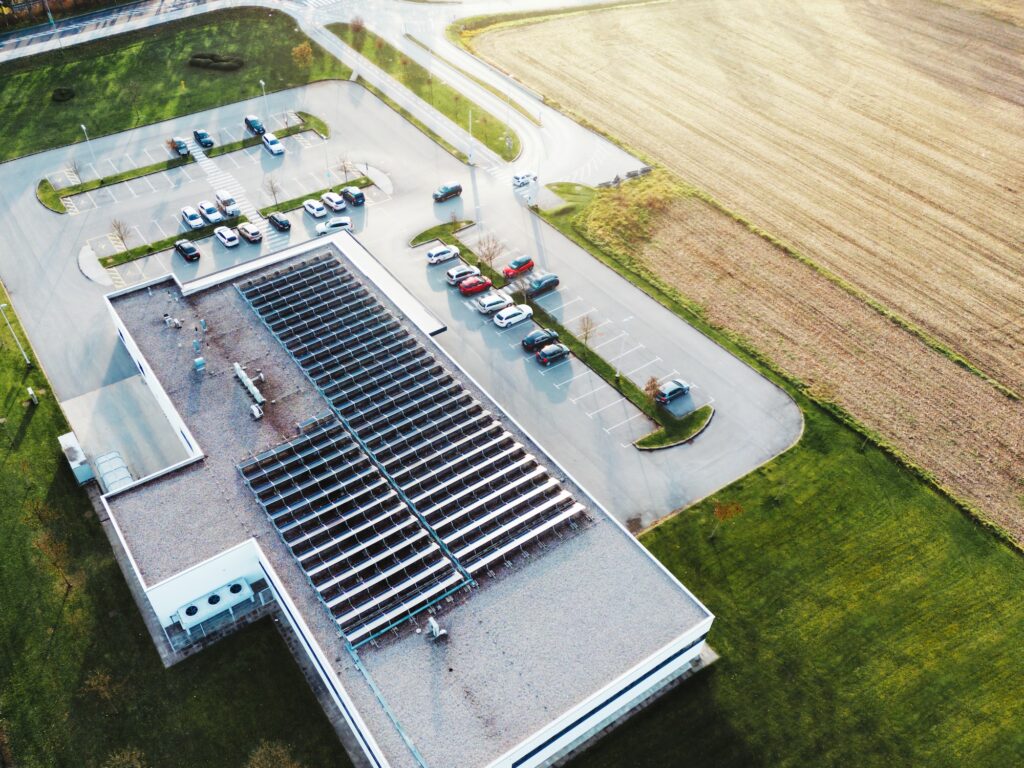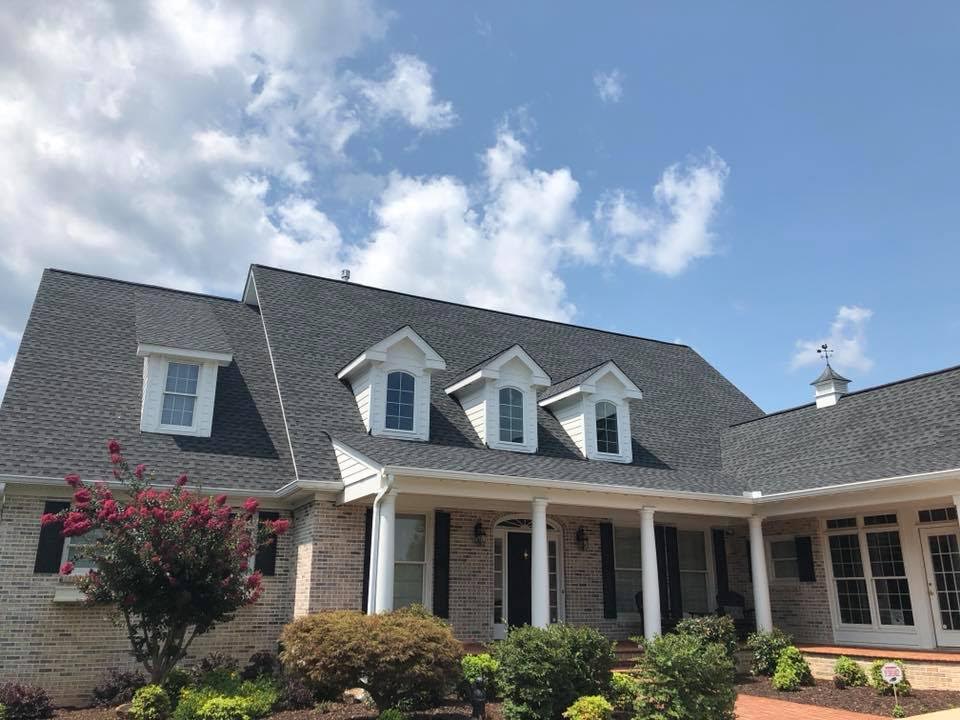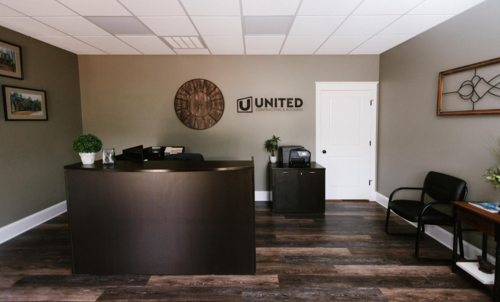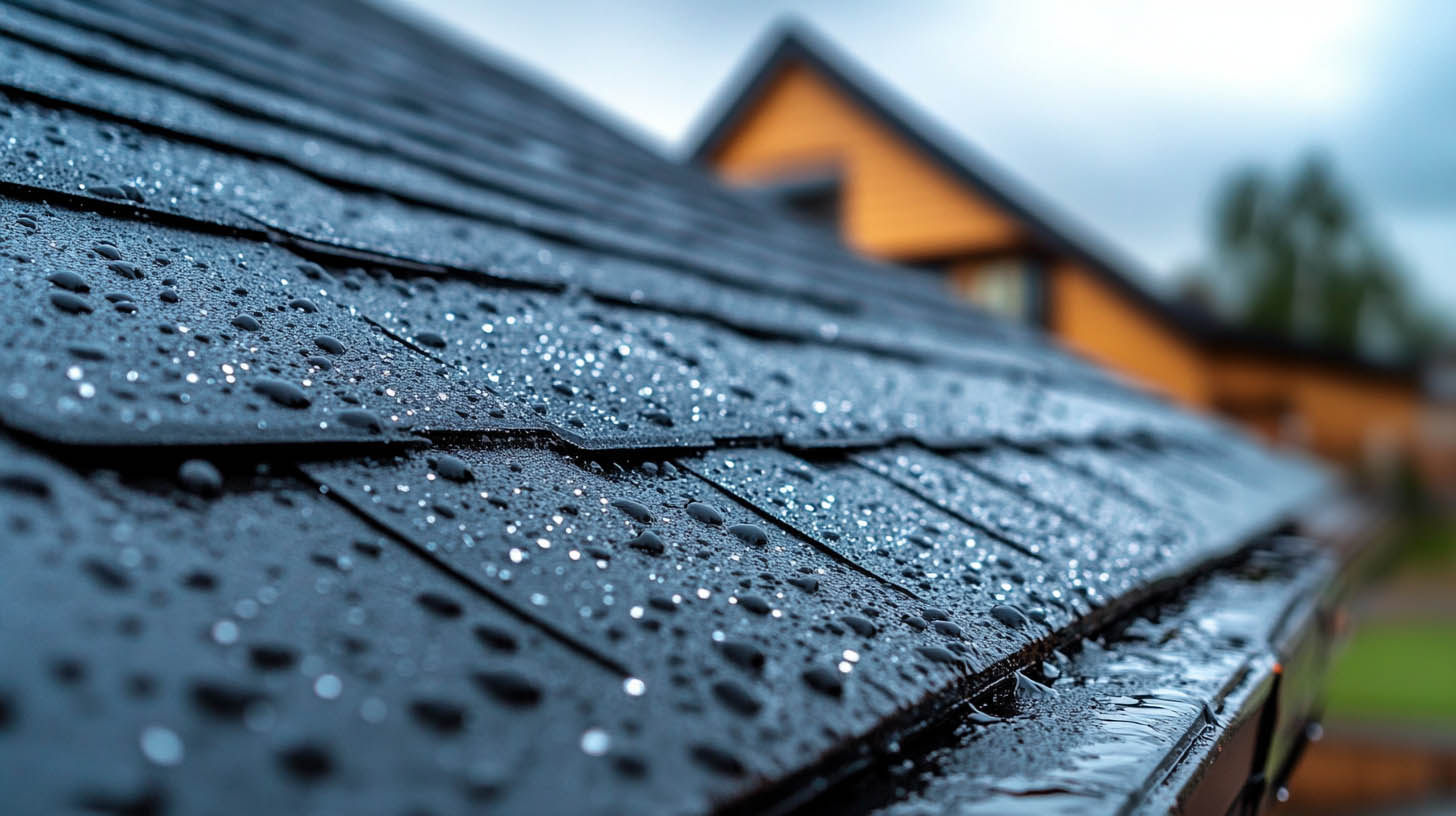Replacing a warehouse roof involves more than simply installing new shingles. The process requires careful planning and consideration of various factors to ensure the longevity and effectiveness of the new roofing system. At United Contracting & Roofing LLC, we guide you through essential considerations for replacing your warehouse roof.
Start With an Assessment
Flat roofs are complex, and multiple leaks don’t always indicate the need for a complete replacement. Begin with a comprehensive inspection to identify any underlying issues, such as drainage problems, which can be addressed before replacing the roof. This approach helps prevent future headaches and ensures a durable solution.
The Age and Warranty Status of the Warehouse Roof
The average warehouse roof lasts about 20 years, but this can vary based on materials, weather exposure, and maintenance. Assess the roof’s age and check for any existing warranties. A roof nearing the end of its lifespan may benefit more from a replacement than repairs. Additionally, consult with your insurance company to determine any potential coverage for replacement costs.
The Future of the Building and Your Business
Consider your long-term business goals before deciding on a roof replacement. If you plan to move within the next few years, investing heavily in a new roof may not be necessary. Evaluate if your business aims to be eco-friendly, which might include installing solar panels, or if the roof needs to handle increased foot traffic. Investigate local, state, and federal tax incentives for roofing upgrades to maximize your investment.
What Type of Maintenance Can You Provide?
Different roofing materials require varying levels of maintenance. Consider the local weather conditions and how they might impact your roof. Evaluate both the initial investment and the long-term maintenance costs to determine the most cost-effective solution for your warehouse.
Types of Warehouse Roofs
Warehouse roofs come in several materials, each with unique benefits:
- Asphalt Shingles: Though uncommon for flat roofs, asphalt shingles offer various styles and colors.
- Liquid-Applied Roofing: This material provides additional protection by filling cracks and preventing water damage.
- Metal Roofs: Aluminum roofs are durable and fire-resistant, though they require a higher initial investment.
- Polymer Modified Bitumen: Known for its strength and UV resistance, this material is ideal for long-lasting performance.
A professional roofing company can help you understand the options and how each type of roof suits your business needs. They can also provide insights into the warranties available for each material.
Conclusion
Replacing a warehouse roof requires thorough planning and consideration of various factors, including the roof’s current condition, future business needs, and maintenance capabilities. At United Contracting & Roofing LLC, we provide expert guidance to help you choose the best roofing solution for your warehouse. Contact us for a professional assessment and discover the right roofing options for your business.For more information on How Often Should You Replace a Roof, click here.








